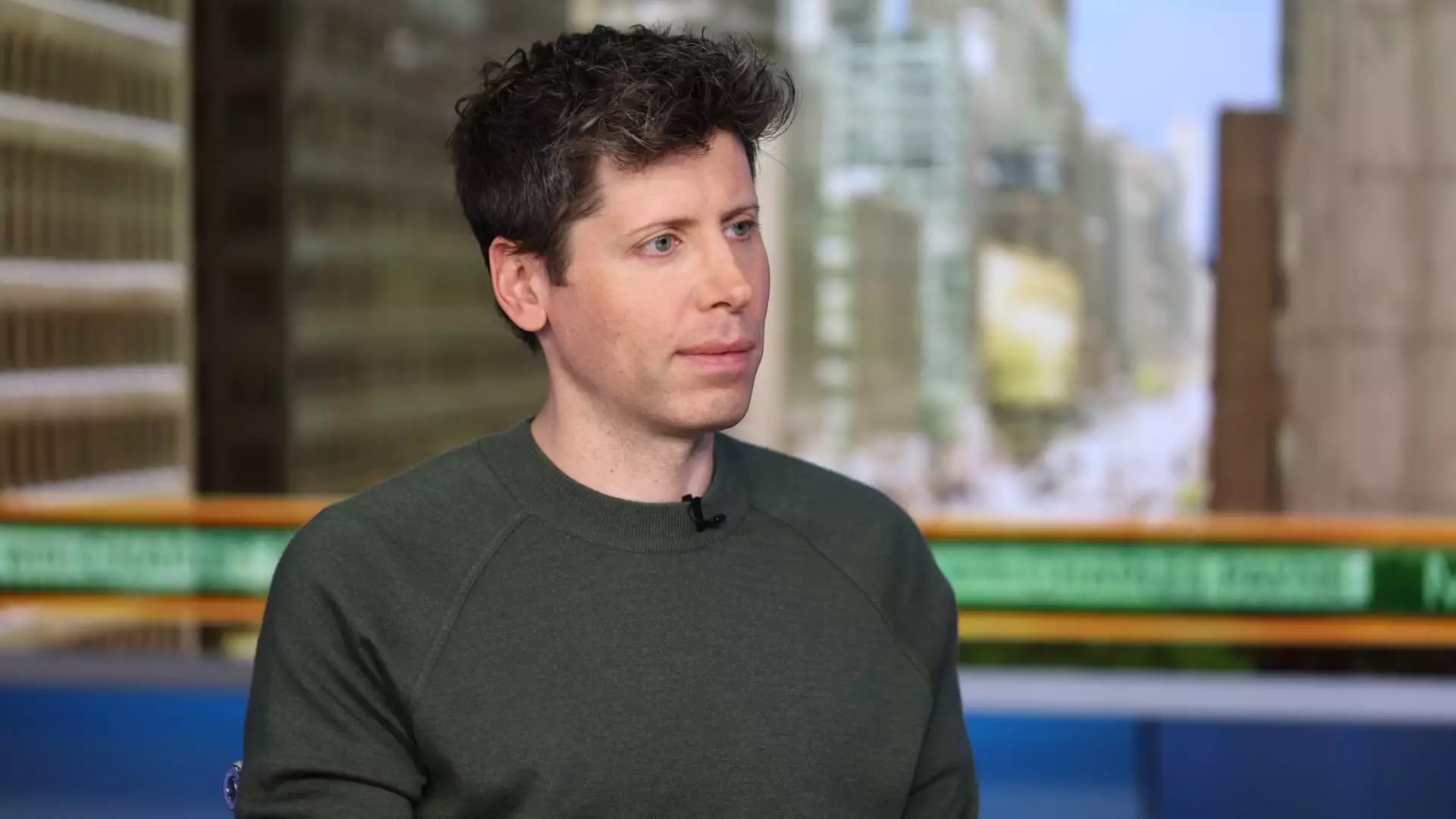The recent lawsuit filed by Ann Altman against her brother, Sam Altman, the CEO of OpenAI, has drawn significant public attention and raised important questions regarding familial relationships, accountability, and the complexities of trauma. Allegations of sexual abuse spanning nearly a decade have surfaced in a Missouri court, asserting a history of misconduct that has purportedly led to severe emotional distress for Ann. This article aims to provide a nuanced analysis of the situation, considering the implications it holds not just for the Altman family but also for societal perceptions of such allegations against public figures.
According to the lawsuit, the alleged abuse began when Ann Altman was a mere three years old, with Sam, who was twelve at the time, engaging in abusive behaviors that escalated over the years. The specifics of the claims—ranging from oral sex to penetrative acts occurring several times a week—underscore a deeply troubling narrative that, if true, paints a stark picture of betrayal within the family unit. Ann’s assertions detail a profound impact on her mental health, citing “severe emotional distress, mental anguish, and depression,” indicating that the alleged events have had long-lasting effects on her life. These serious accusations demand careful examination as they challenge our understanding of consent, familial respect, and the often-harrowing paths that survivors face when confronting their abusers.
While Ann has alluded to her experiences on social media platforms previously, this lawsuit represents a significant escalation, marking her transition from public discourse to a formal legal process. This shift invites curiosity regarding the motivations and timing behind such a decision, especially considering the complexities involved in bringing such allegations to light.
In response to the lawsuit, Sam Altman and his family have issued a joint statement categorically denying the claims. Their assertion emphasizes the emotional toll that these public accusations have had on them, describing the allegations as “utterly untrue” and attributing Ann’s actions to her “mental health challenges.” This perspective illustrates a common dynamic in familial abuse cases, where denial and the defense of a family member can further complicate an already delicate situation. Such responses often raise significant ethical questions about how families navigate accusations of this nature while maintaining a façade of normalcy amid deeply rooted pain.
Interestingly, the assertion that Ann refuses conventional treatment and lashes out at those attempting to support her adds another layer to the narrative. While family members might genuinely seek to help, it is essential to consider that such perspectives may stem from a place of fear, denial, or an inability to confront uncomfortable truths. The ramifications of denying the allegations—should they be proven true—could result in irreparable family divisions and public scrutiny.
Sam Altman has risen to fame and prominence as the head of OpenAI, especially following the breakthrough of the ChatGPT application in late 2022. This trajectory suggests that the stakes are immense—not only for the individuals directly involved but also for the organization and its shareholders. As the tech industry grapples with broader ethical implications regarding leadership, transparency, and accountability, this legal situation amplifies concerns about managing personal integrity alongside professional responsibilities.
The intersection of personal crises and corporate success is not uncommon in the technology sector, particularly as seen in the ongoing legal battles surrounding figures like Elon Musk. His lawsuits against OpenAI reflect the competitive and often combative world of tech entrepreneurship, where personal and professional lines can blur.
The allegations against Sam Altman serve as a focal point for discussions about sexual abuse, accountability, and the power dynamics within families. As the lawsuit unfolds, it is crucial to approach the situation with empathy while also demanding transparency. Survivors’ voices must be amplified and validated in a society that often prioritizes familial reputation over personal truth.
As we await further developments, this case captures the complexity of human relationships and the societal obligation to address misconduct—especially when intertwined with the public lives of influential figures. The outcome of this lawsuit may ultimately influence how such allegations are treated in the public arena and could pave the way for critical discussions about the necessity for both personal accountability and systemic change in dealing with sexual abuse claims.

